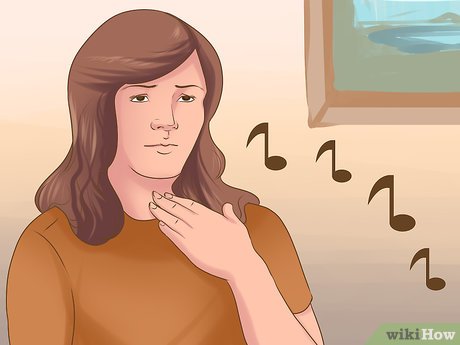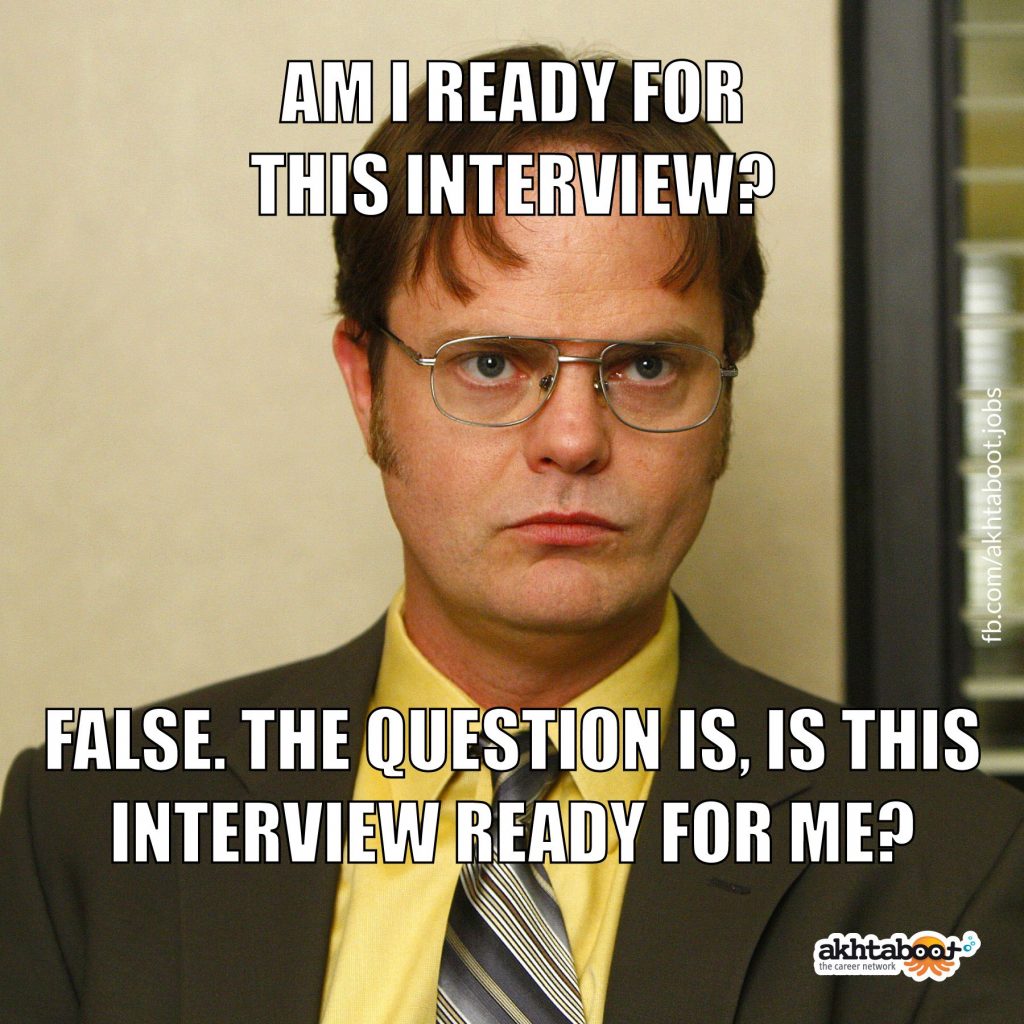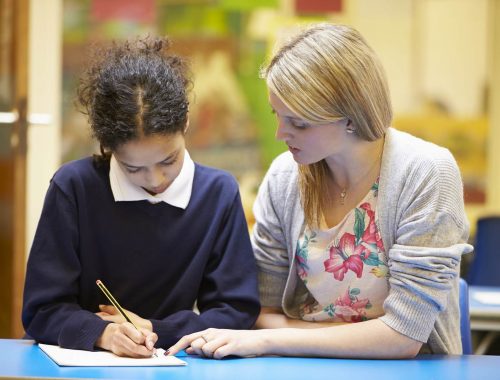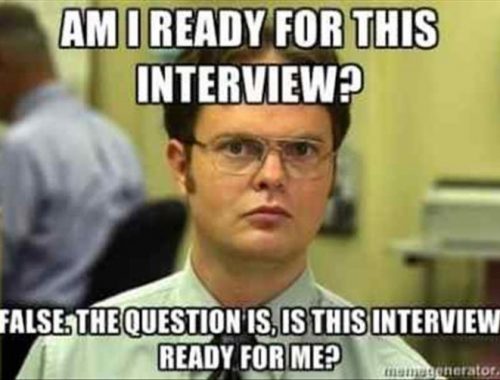Laugh out loud has a whole different meaning in an interview: a reflection on combatting nerves
In the fourth week of our new semester, we took simulated interviews for our work-based learning module. I was really excited to practice my interview skills as I know approaching graduation, I will be taking interviews for important job opportunities. Reddy states “The interviews are important because they help the experts know who is efficient and who is not.” (Reddy, NP) The simulated interviews were a great opportunity to give us an experience of a real interview, what we may be asked at and how we can highlight our skills to suit the job.
I will be using Kolb’s (1984) reflective cycle as its a model designed to help people learn from their experience. This cycle is valuable for individuals to reflect on their experiences, learn from them and improve their skills.

Concrete Experience
I experienced searching for a suitable job I would be interested in applying for and came across a job for a podcast producer, which is job I am considering in applying for once I graduate from my degree. I then prepared for the simulated interviews by going over what I could be potentially asked and memorizing the job description, so I wouldn’t be caught off guard. I arrived early and did not feel nervous at all. In our group of four we took turns interviewing each other. I was on the interview panel for the first interview, and it went well so I suggested that I go next. I was feeling cool and confident until I sat on the hot seat….
When I was asked the first question ‘so Anna tell me about yourself’, I burst out laughing and could not stop. It threw me off for the rest of the interview and I was disappointed in myself for messing up a great experience.


Reflective Observation
Why was I laughing? No jokes were told, and it wasn’t a funny situation. Upon reflection I have come to the realisation that it was a stress response from my body and learnt that “80% of human laughter isn’t caused by anything funny!” (Reddy, NP) Mentally I felt fine on the surface but physically I was showing signs of stress. On my feedback form all three of the interviewers commented on my body language as I started fidgeting with my pen, which was then followed by a huge outburst of laughter. Provine states in his book Laughter: A Scientific Investigation that “Laughter offers a distinct advantage as a stress reduction method over many other techniques in that it appears to be a universally observed behaviour in humans.” (Provine, 25 ) My body went into fight or flight mode and was naturally giving laughter as a response to the stressful environment. I was angry at myself as I spent time searching for a suitable job and rehearsing questions for it then to be a waste of a great learning experience.

Abstract Conceptualization
Upon leaving the interview I knew I had to find a way to deal with nervous laughter. I instantly googled some tips and Kristina Browns article Nervous Laughter: Why You Do It & How to Stop It was the first thing to pop up. I learned more about the psychology of nervousness, how to notice patterns and how to break habits. My disappointment then turned into relief, as I realised I will now be able to catch my natural response to nerves which I have learned I struggle with from taking the simulated interview. If I had never done the practice interview, I would never have known to learn to prevent my nerves.
Active Experimentation
I practiced some of Browns techniques and got a roommate to practice interviewing me to see if what I had learned would work. I tried Brown’s methods of a slow triple nod, a head tilt and humming but they all failed, and my laughter become uncontrollable again. I then tried murmuring “ahhh” which Brown suggested in her article. I thought this murmuring technique would be the least likely to work but after a few attempts it finally did. It was a distraction for my brain and calmed me down at the same time.

Conclusion
Although my interview didn’t go as planned and the laughter set me back. Upon reflection I have learned more about myself and how to stop this reaction to nerves in the future. I feel that when I go for an interview in the ‘real world’ I will be comforted that I was able to build myself back up after a deflating experience. I will be able to go into an interview confidently knowing in my head I have a technique that’s works to calm me down and prevent a laughing outburst from happening again.

References
Brown, Kristina. “Why We Laugh When We’re Nervous.” Science of People, 16 Mar. 2018, https://www.scienceofpeople.com/nervous-laughter/.
Kolb, David A. Experiential Learning: Experience as the Source of Learning and Development. Prentice-Hall, 1984.
Reddy, Krishna. “Why Are Interviews Important in the Recruitment Process?” WiseStep, 25 Oct. 2017, ttps://content.wisestep.com/interviews-important-recruitment-process/.
Fig. 1 https://www.medical-interviews.co.uk/blog/benefits-experiential-learning-kolbs-learning-cycle-training
Fig.6 https://twitter.com/akhtaboot/status/841608052184870912
Fig. 5 https://www.wikihow.com/Hum
Fig. 2 https://www.expatica.com/uk/working/finding-a-job/cv-interview-tips-uk-103183/
Fig.4 https://giphy.com/explore/why-you-laughing
Fig. 3 https://interviewpenguin.com/funny-interview-questions/
Interview worries
Use Your Time Wisely
You May Also Like

Challenge Accepted Sir!
18 April 2023
Job Interviews: Selling Yourself For A Pay Cheque
24 February 2023
